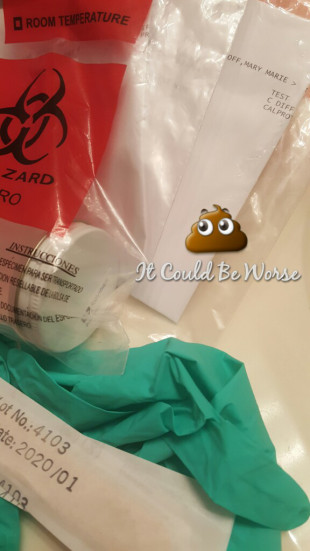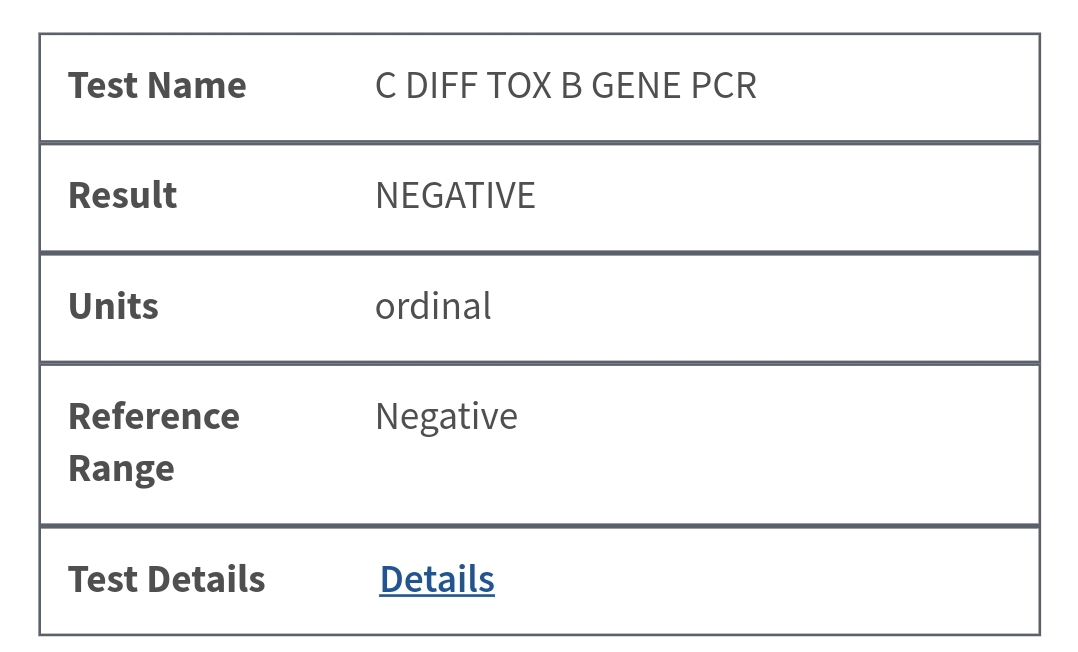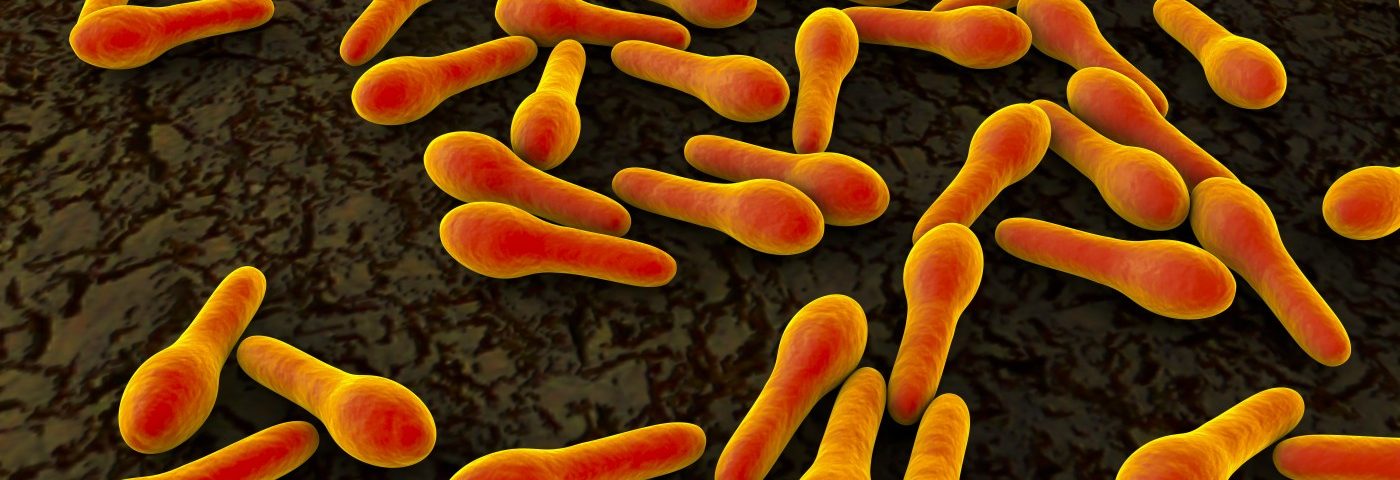Clostridium difficile (C. diff) is a bacterium that leads to inflammation and illness. People who spend large amounts of time in hospitals are at a high risk for the infection.
C. diff spreads via spores, which are tiny microorganisms passed from surface to surface. When people do not wash their hands regularly and sufficiently, the germs spread to other surfaces, putting more and more people at risk. Without proper disinfection protocols, these germs can survive for days, weeks, or even up to five months on contaminated, inanimate objects.
C. diff can stay dormant in some individuals but can cause an array of symptoms and major complications for others. To test for the bacterium, doctors require a stool sample.

Antibiotics kill both bad and good bacteria in the gut, so when you take too many antibiotics (don’t self-prescribe them!), healthy bacteria cannot prevent or fight against C. diff infection. This causes the infection to quickly become a major health risk.
Patients with IBD already suffer weakened immune systems and are more susceptible to the contaminants of C. diff, which can further harm the intestines and bowels of anyone, especially IBD patients.
Complications from C. diff almost always include diarrhea. Symptoms may also include abdominal cramps, fever, blood or mucus in the stool, distention, and nausea. More complications can arise from these symptoms: Nausea leads to a lack of appetite, distention can cause a tender abdomen, and diarrhea leads to dehydration. If you experience these symptoms, notify your healthcare team, as the complications of C. diff can be extreme.
Toxic megacolon, in which the colon distends or swells, is an additional risk of C. diff. If swelling becomes too great, the colon could burst, leading to peritonitis — when an organ in the abdomen ruptures. Peritonitis can be life-threatening. If the infection leaks from the rupture and reaches your bloodstream (sepsis), your organs can fail. For toxic megacolon and perforation, emergency surgery would be required.
To prevent Clostridium difficile, proper hygiene is the recommended precaution, including hand-washing, cleaning surfaces, and disinfecting objects.
It is always important to remember to take medications only if you have discussed it with your doctor. Self-prescribing antibiotics may seem OK, and you may think you know what you are doing, but risking death from Clostridium difficile because your body has no antibodies to fight back is not worth it.
Knowing what to look for and bringing up your concerns with your care team is of high importance. You never can be too prepared for what could happen with Crohn’s disease or ulcerative colitis.
For me, it could be worse.

***
Note: IBD News Today is strictly a news and information website about the disease. It does not provide medical advice, diagnosis, or treatment. This content is not intended to be a substitute for professional medical advice, diagnosis, or treatment. Always seek the advice of your physician or other qualified health providers with any questions you may have regarding a medical condition. Never disregard professional medical advice or delay in seeking it because of something you have read on this website. The opinions expressed in this column are not those of IBD News Today or its parent company, BioNews Services, and are intended to spark discussion about issues pertaining to inflammatory bowel disease.


